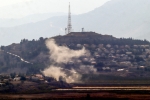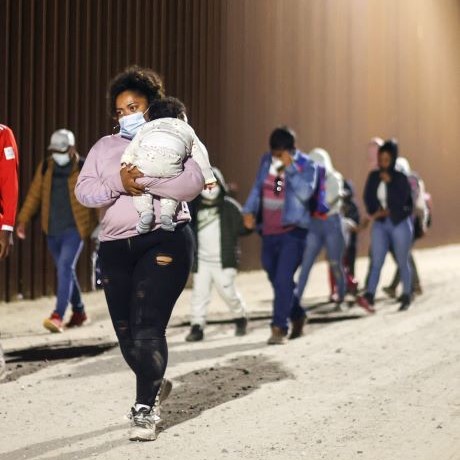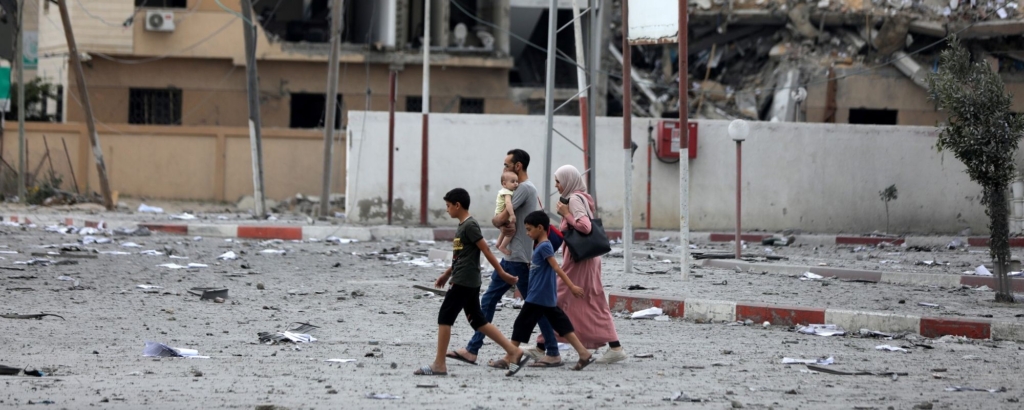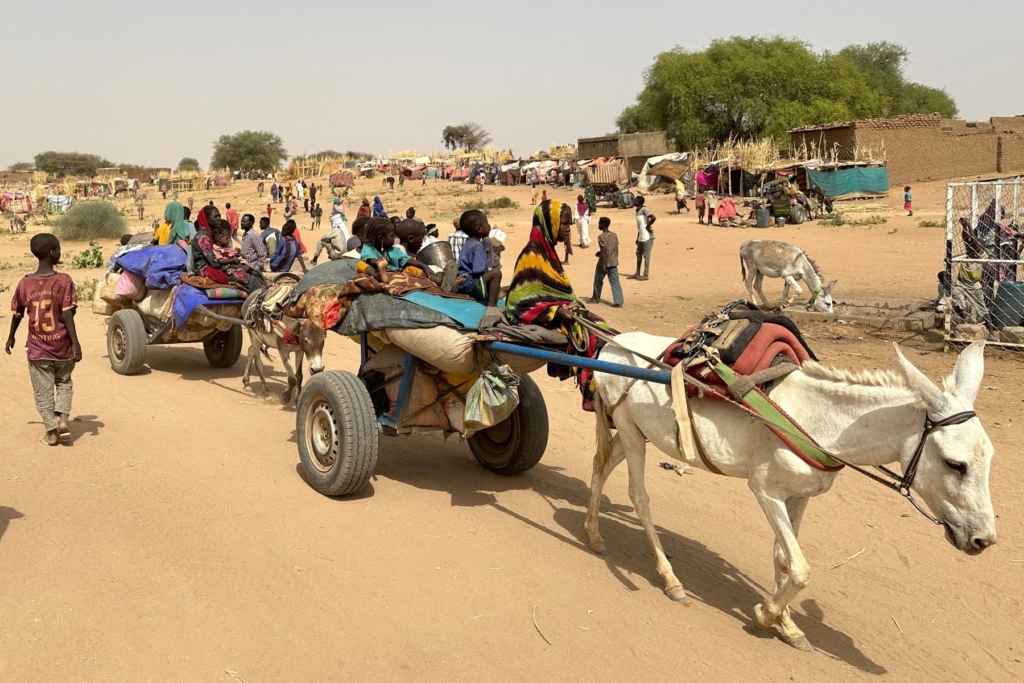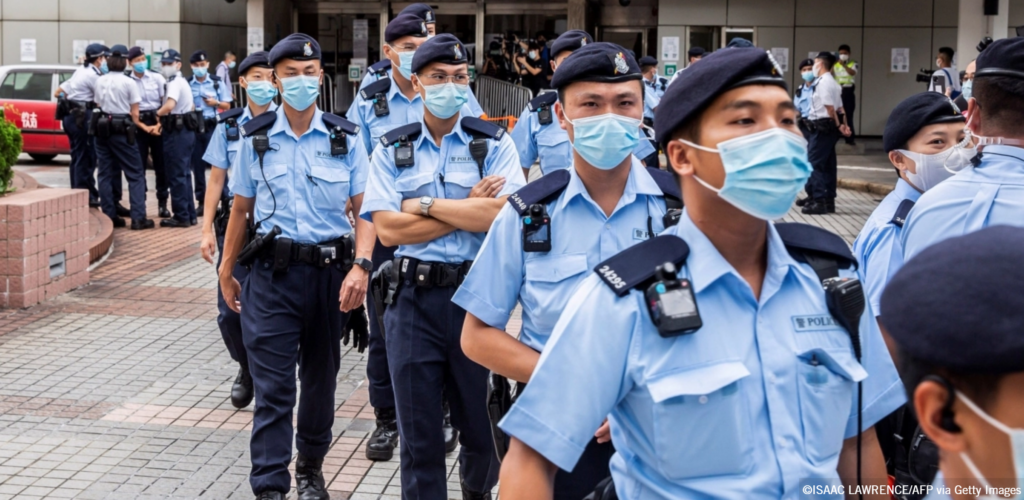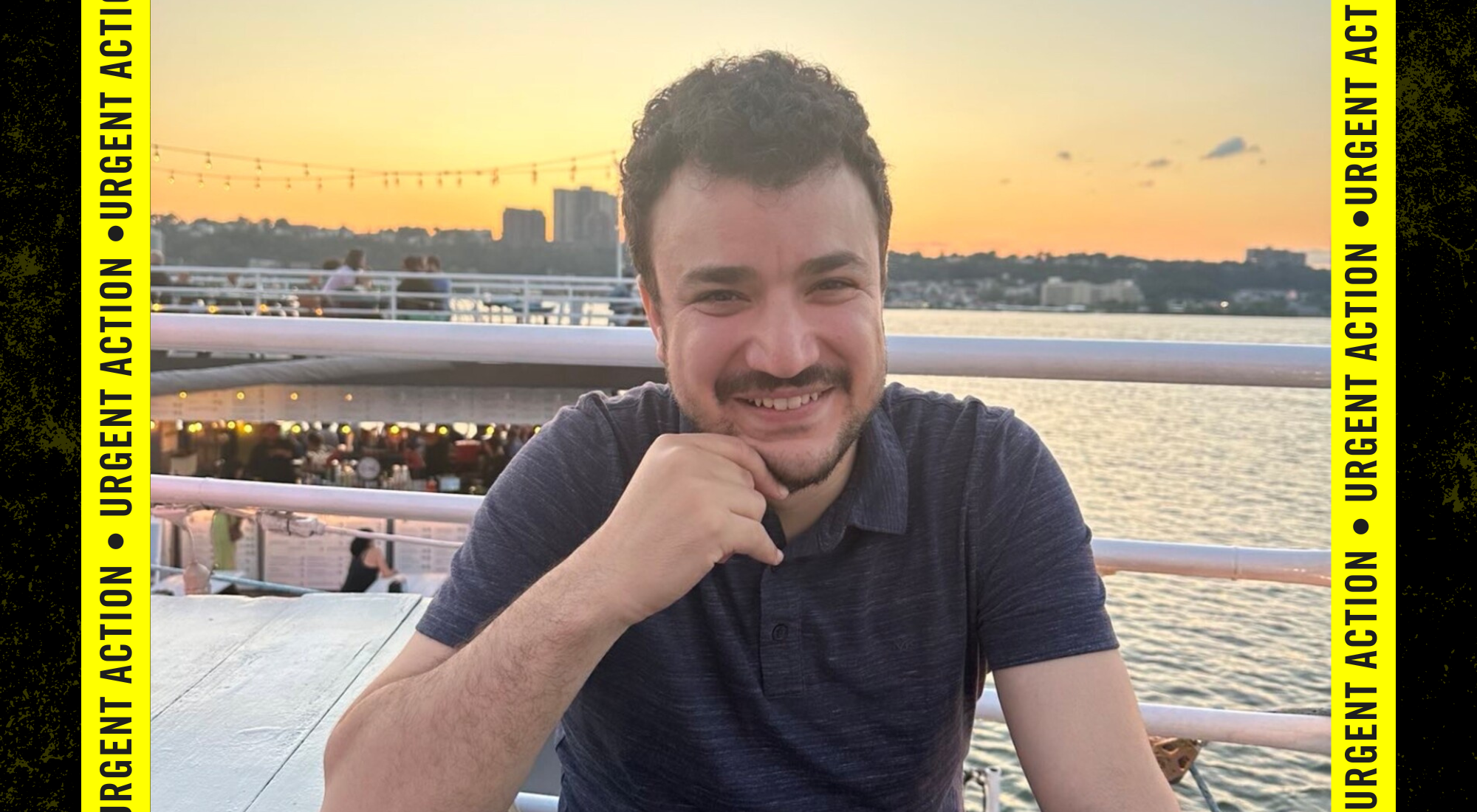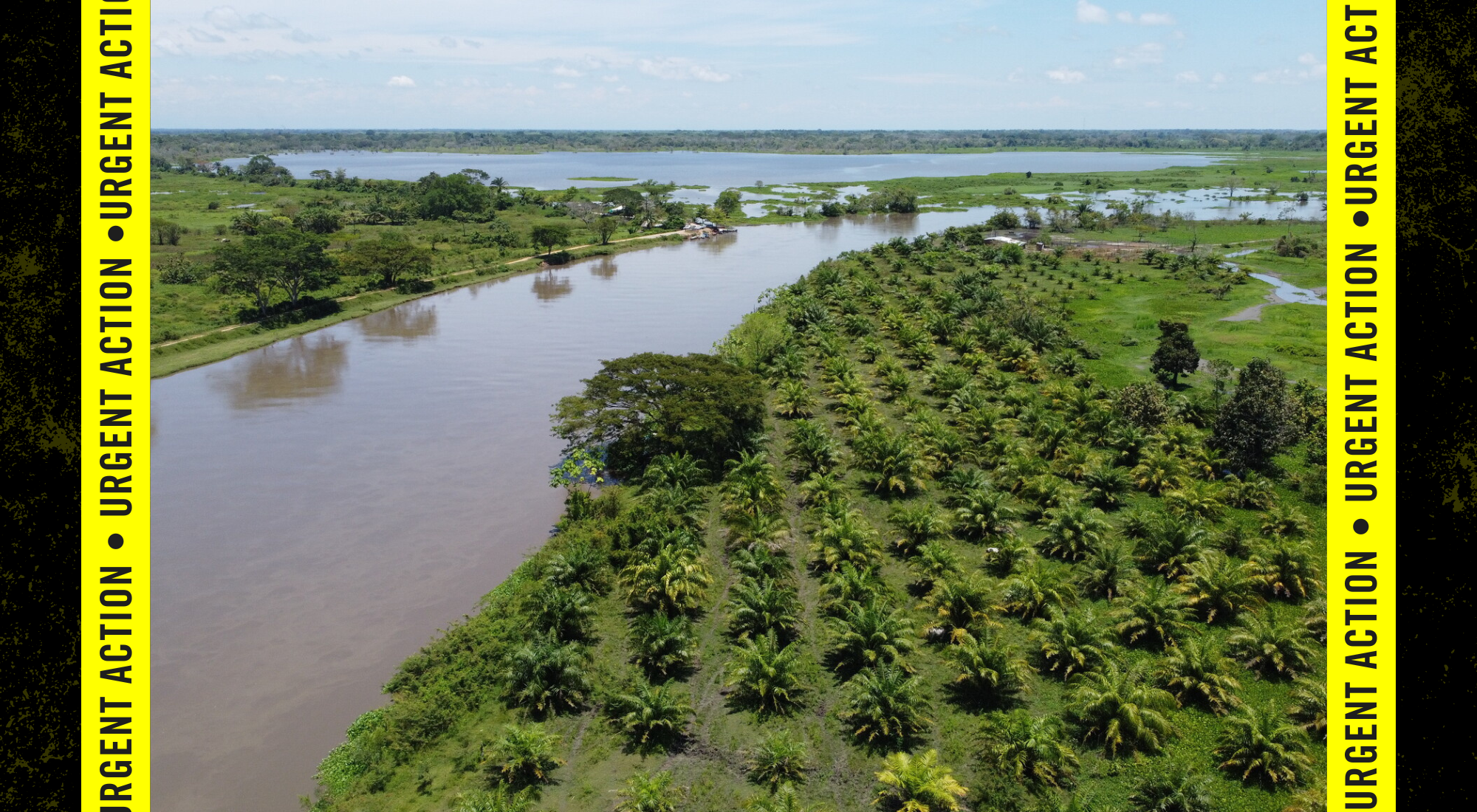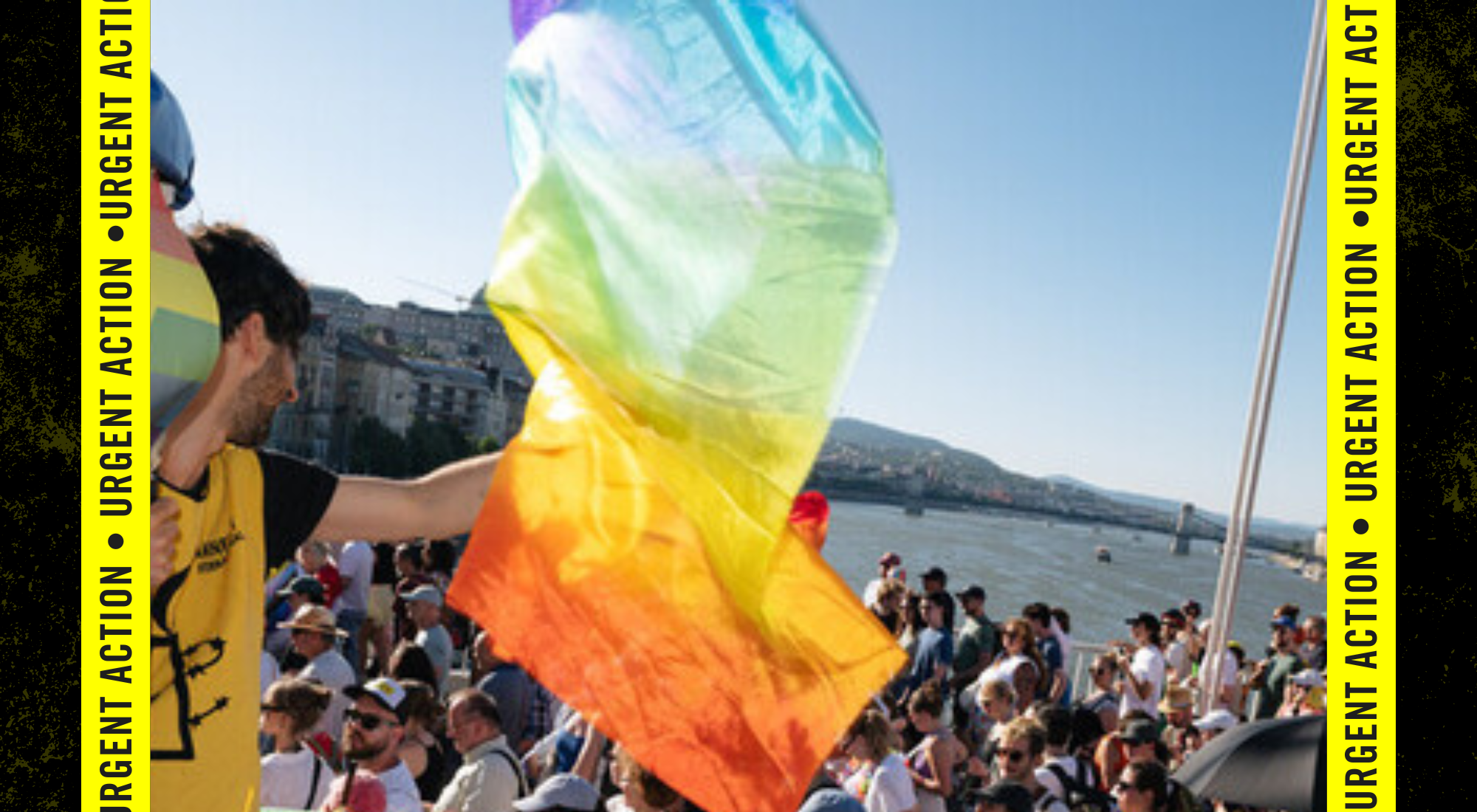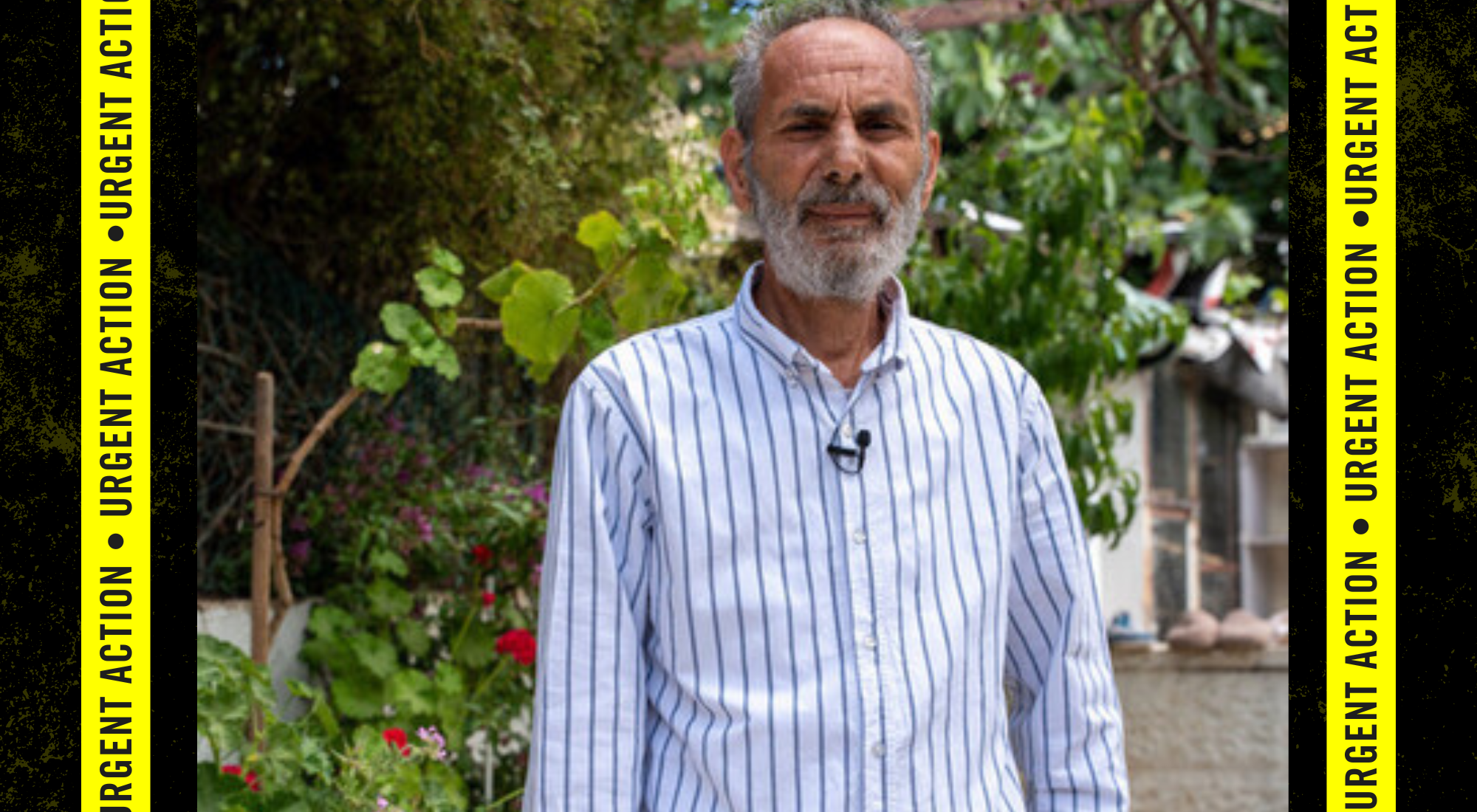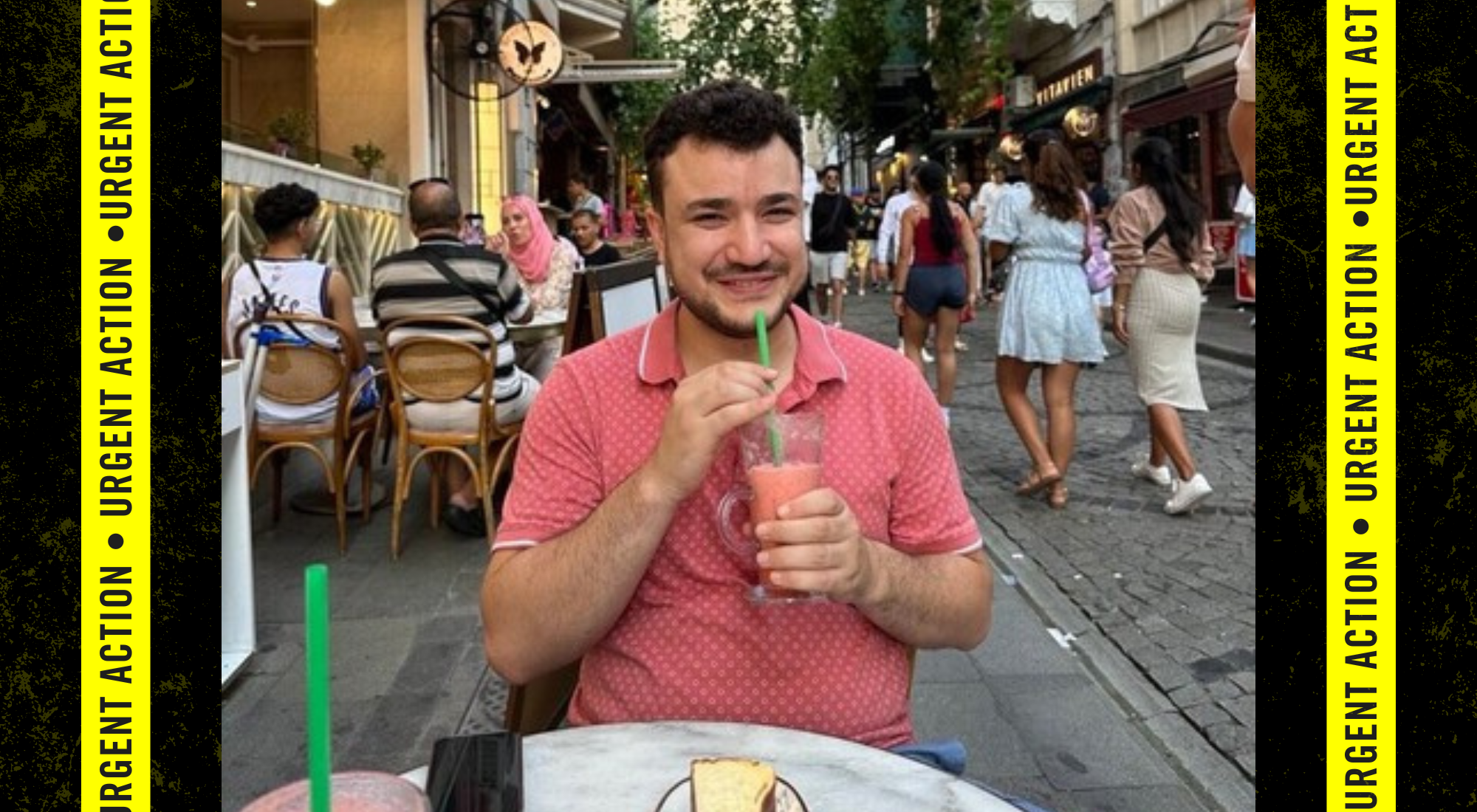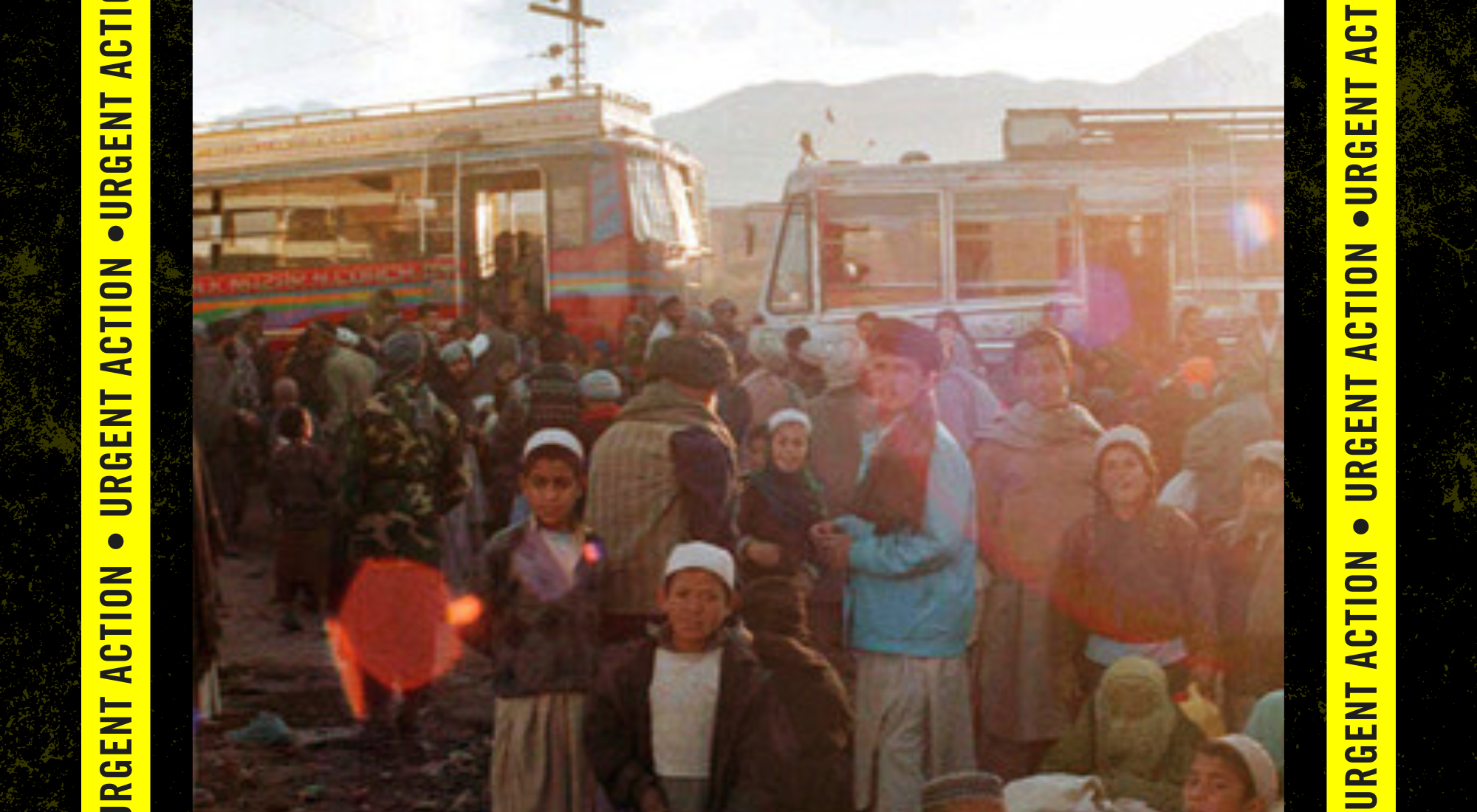DOWNLOAD A PDF OF UA 2/22 BELOW
On 31 December 2021, men in civilian clothing arrested former Justice Minister Noureddine Bhiri and Fathi Beldi, a former Interior Ministry employee, in Tunis and took them to undisclosed locations. Noureddine Bhiri is also the vice president of Ennahda which was the majority party in parliament until President Kais Saied suspended it in July 2021; he is the most senior Ennahda official to be arrested since that move. Neither of the men have been formally charged. Nor have they had any access to their lawyers or been granted the opportunity to challenge their detention before a judicial authority. They must be immediately released.
Write to the President urging him to:
- immediately release Noureddine Bhiri and Fathi Beldi as their detention is arbitrary and represents a grave violation of their due process rights.
- Pending their release, immediately disclose the whereabouts of Fathi Beldi and ensure both men are given regular and confidential access to their families and lawyers.
Write to:
President of the Republic of Tunisia
Kais Saied
Route de la Goulette, site archéologique de Carthage
Tunisie
Email: contact@carthage.tn
Twitter: @TnPresidency
Salutation: Your Excellency:
And Copy:
His Excellency Mohamed Imed Torjemane
Ambassador
Embassy of the Republic of Tunisia
515 O’Connor Street
Ottawa, ON K1S 3P8
Phone: (613) 237-0330, -0332
Fax: (613) 237-7939
Email: ambtun13@bellnet.ca
Additional information
Around 8.15 am on 31 December 2021, Noureddine Bhiri and his wife, both lawyers, left their house in the district of Manar 1, in Tunis, and got into their car to drive to the office they share when four cars pulled up and trapped their car in the street. Around ten men in civilian clothing got out of the four cars, struck Noureddine Bhiri and his wife on the head and ordered Noureddine Bhiri to go with them. The men refused to identify themselves and did not present an arrest warrant. Noureddine Bhiri was detained incommunicado at an undisclosed location until 2 January, when his family and lawyers learned that he had been transferred to the Bougatfa hospital in Bizerte, a town in northern Tunisia, where he remains held. Authorities have since allowed Noureddine Bhiri’s family to visit him in hospital but have continued to refuse his lawyers access to him, in violation of his due process rights.
Around 10.30 am on 31 December 2021, Fathi Beldi was driving his car out of his garage in Ariana, Tunis, when several cars pulled up and men in civilian clothes got out and arrested him without showing an arrest warrant. The men also confiscated his car. Later that day, National Guard officers in Borj El Amri, a city 30 km from Tunis, called his family to inform them of the arrest, but refused to disclose his whereabouts, detaining him incommunicado without access to his family and lawyers. On 5 January, National Guard officers brought Fathi Beldi from his place of detention to the Borj El Amri police station, where they allowed him to meet with his family. However, they monitored the meeting and did not allow them to discuss Fathi Beldi’s place of detention. Throughout his detention, officers have denied him access to his lawyers. To date, neither of the two men’s lawyers have found any evidence that their detention is the result of a judicial order. Without access to their lawyers or a judicial authority, neither Noureddine Bhiri nor Fathi Beldi have been granted their right to challenge their detention or be promptly informed of charges against them, both core fair trial rights.
On 25 July 2021, President Kais Saied suspended parliament and dismissed Prime Minister Hichem Mechichi, citing emergency powers under Article 80 of the Constitution. In September 2021, he issued Decree-Law 117, which suspended most of the Constitution; granting him total control of most aspects of governance, including the right to legislate through decrees and gave him supreme executive power. Since then, the authorities have imposed several repressive measures against judges, senior states officials and parliamentarians such as arbitrary house arrest and travel bans. There has also been an increasing pattern of referral of civilians, including opposition politicians and critics of the President, before military courts.
Noureddine Bhiri (63) is a former Minister of Justice who served from 2011 to 2013 in a coalition government following the ouster of president Zine el Abidine Ben Ali and elections of a National Constituent Assembly. A lawyer and member of the Tunisian bar, he is also the vice-president of Ennahdha, one of Tunisia’s most powerful political parties and heads the party’s group in parliament. The party has criticised President Saied’s concentration of powers since the July 2021 suspension of parliament, calling it a “coup”. Noureddine Bhiri suffers from diabetes and high blood pressure, and normally takes regular medication for both ailments. His health is at risk, as he is refusing to take food, water or medicine to protest his arbitrary detention and is nourished only through intravenous fluids. Fathi Beldi (55) is a former official at the Interior Ministry in the General Department in charge of borders and foreign nationals. Several media outlets reported in November 2021 that the current Interior Minister Taoufik Charfeddine, forced several officials into forced retirement, among them Fathi Beldi. Lawyers for both Noureddine Bhiri and Fathi Beldi have attempted to determine whether judicial authorities had ordered their detention or sought to prosecute them for recognizable offences under the law but have found no evidence to this effect.
The authorities allowed the head of the Tunisian bar association to visit Noureddine Bhiri in his place of detention on 31 December, even though he later declared in an a radio interview that he could not determine the location. Members of the Tunisia’s National Authority for the Prevention of Torture (INPT) and representatives from the Tunisia office of the UN’s Office of the High Commissioner for Human rights were also allowed to visit both Noureddine Bhiri and Fathi Beldi in detention.
On 3 January, the Interior Minister said in a press conference, referring apparently to Noureddine Bhiri and Fathi Beldi, that the two men had been arrested under Article 5 of the 1978 presidential decree. Article 5 grants the Interior Minister the right to order “forced internment” or house arrests against a person who represents a danger to security and public order. The Interior Minister went on to say that the two men were involved in an affair linked to terrorism for “the illegal issuance” of passports to non-Tunisians in 2013, while Noureddine Bhiri was Justice Minister, and the Interior Ministry has detained them because the judicial authorities had thus far not ordered their arrest. On 4 January, the office of the general prosecutor of the first instance tribunal in Tunis stated that the court had opened an investigation into the matter on 24 December, without giving further details.
Under international law, and most specifically the International Covenant on Civil and Political Rights (ICCPR), to which Tunisia is a state party, certain human rights cannot be restricted even in times of emergency. These include the right to life, the prohibition of torture and other ill-treatment, the prohibition of discrimination, and freedom of religion, as well as the right to a fair trial and from the prohibition of arbitrary detention, in particular the right of every detainee to have their detention reviewed by an independent tribunal.
Keeping people in secret or otherwise undisclosed places of detention violates the right to liberty and the prohibition of arbitrary arrest or detention, enshrined in Article 9 of the International Covenant on Civil and Political Rights. As people held in undisclosed places of detention are held outside the reach of the law, no procedure established by law is being applied to them as required by Article 9 and 14 of the Covenant, they have not been formally informed of the charges against them or had the chance to examine any evidence to support those charges to enable them to prepare an effective defense and challenge their detention. Furthermore, Article 17 (1) of the Convention for the Protection of All Persons from Enforced Disappearance states that no one shall be held in secret detention and calls on states to ensure that national legislation guarantees that any person deprived of liberty shall be held solely in officially recognized and supervised places of detention.
<><><><><><>
If you want Updates on this case, send your request to urgentaction@amnesty.ca with “Keep me updated on UA 2/22 ” in the subject line.
<><><><><><>











